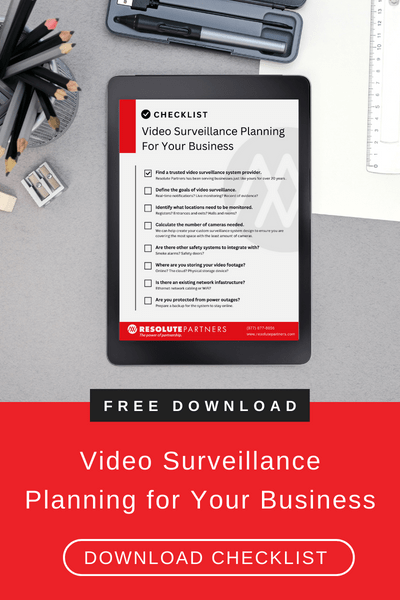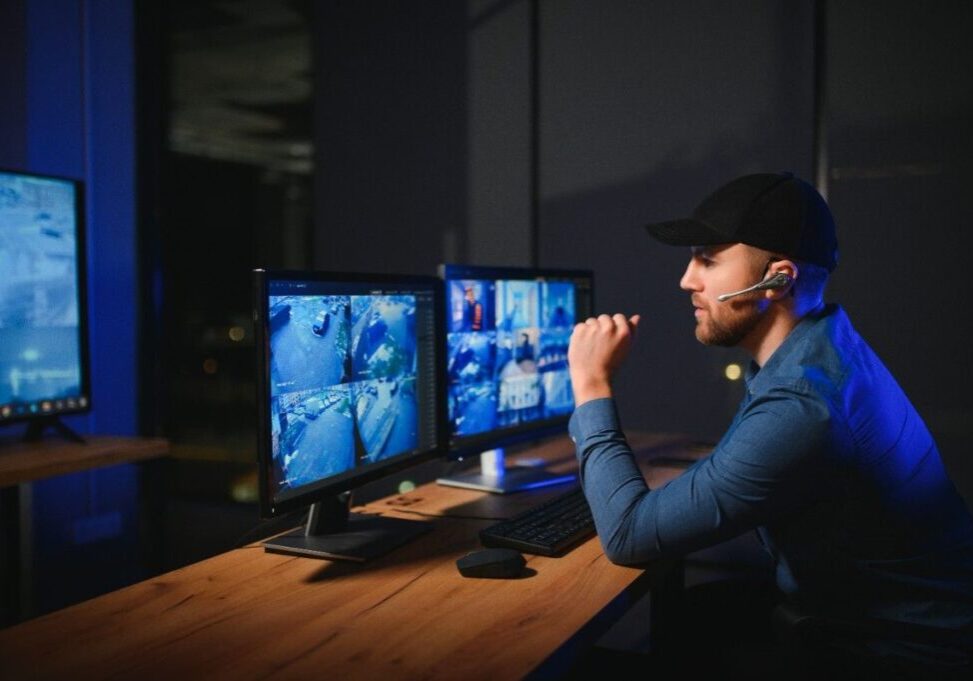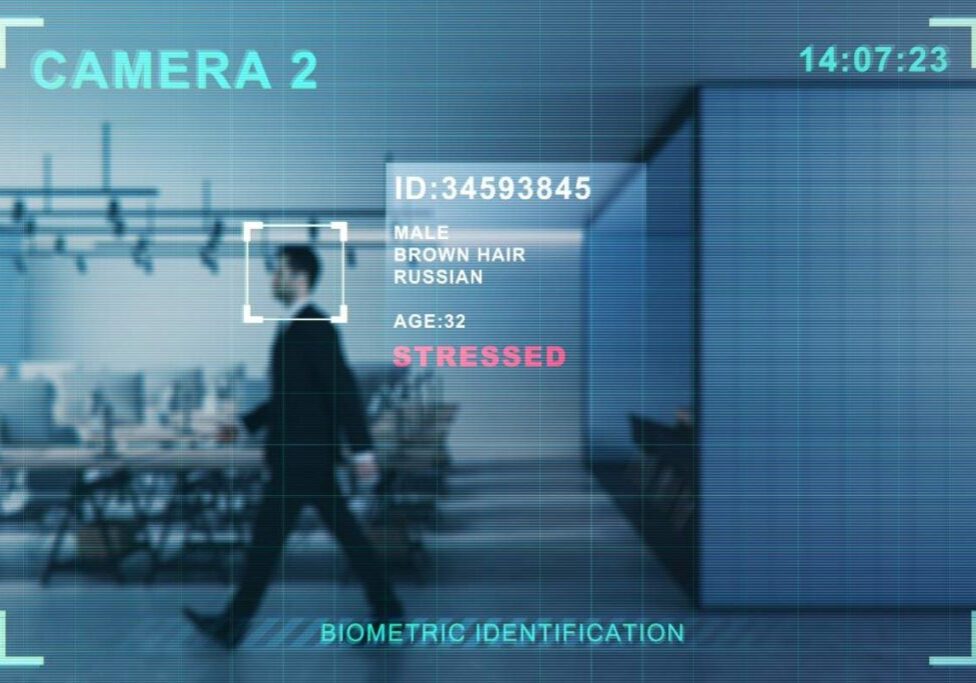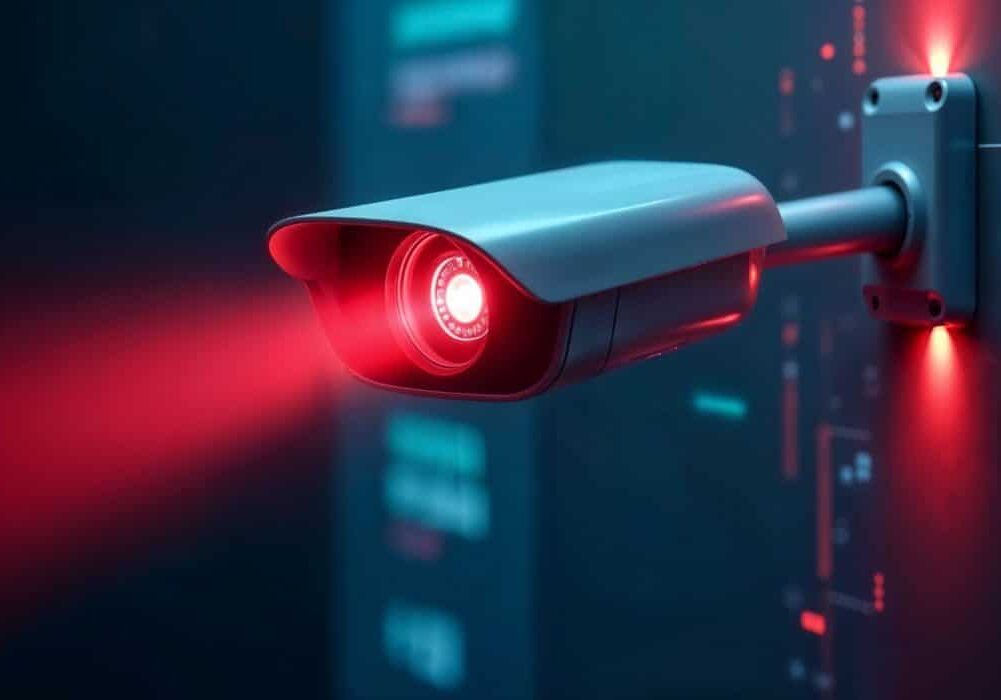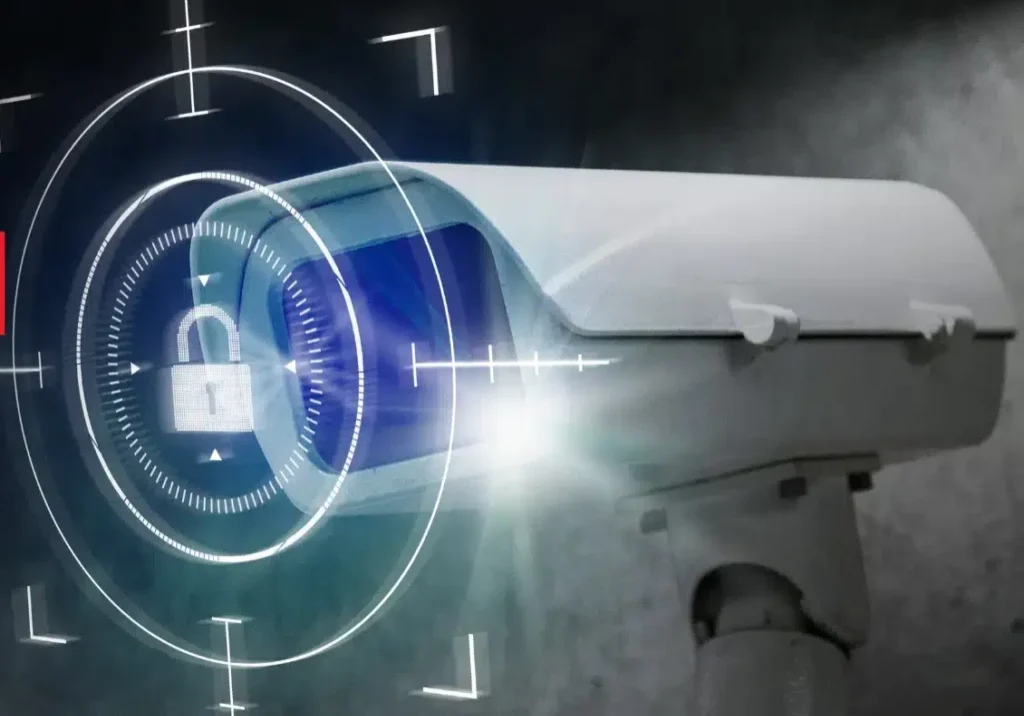Summary: Optimizing alert-based camera notifications enhances security by ensuring timely, relevant, and accurate alerts. Customizing notifications, based on motion zones, sensitivity, time of day, and user roles, reduces false alarms and improves response times. Integrating alerts with smart devices enables automated reactions, while personalized settings create an efficient, proactive security system.
The correct security cameras are important for protecting property, as they are always watching over activities, monitoring events, and scaring away people with ill intentions. But more than just the installation of the cameras is needed. A smart notification system must notify people of suspicious or unwanted activity to ensure maximum security. Security camera notification settings enable you to personalize notifications per your needs to get only the most critical updates. This blog discusses the advantages of alert-based security camera system notifications and offers insights on optimizing these settings to maximize your security system’s efficiency.
Why Personalize Camera Notifications for Your Security System?
Personalizing camera signs ensures your safety system delivers timely and relevant notifications. Customizing alarms to fit your needs allows you to prioritize important events, minimize extreme distractions, and maximize the overall point of your safety setup.
Advantages of Personalized Notifications
Video security solutions are necessary in contemporary security installations, but rely on getting the proper alerts. Tailoring your camera notifications can make a huge difference in your plan’s reaction to security incidents. Below are some of the most significant advantages:
- Lowering False Alarms: False alarms become tiresome, causing fatigue and reduced responsiveness. Personalizing alerts lets you to fine-tune sensitivity and select specific thresholds so you’re only told about real cases, like unauthorized activity or uncertain behavior.
- Prompt Response to Real Threats: Preconfigured conditions enable custom alerts, which enable security staff or business owners to react in a timely manner to real threats. Such custom alerts focus on crucial situations by eliminating unnecessary notifications, enhancing overall security efficiency.
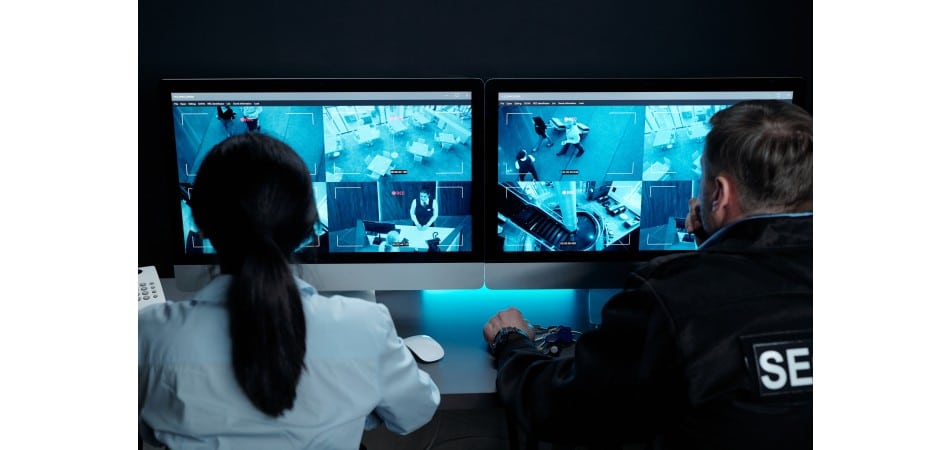
Types of Security Alerts
Security cameras can supply different types of alerts. These consist of:
- Motion Detection: This is one of the most widely used notifications, which is activated when motion is detected in the camera’s field of view. To stop false alarms due to non-threatening activities, like pets or lighting differences, you can change the motion detection sensitivity.
- Facial Recognition: Facial recognition technology is utilized in advanced security systems to alert you when a given individual is seen. This is particularly helpful to companies that require monitoring employees or customers.
- Object Tracking: Object tracking is part of some security cameras that enable the system to identify and track moving objects. This feature is beneficial in observing vehicles or individuals.
- Sound Detection: Some security systems can recognize abnormal sounds, like shattering glass or explosion sounds. Tailoring alerts for sound-based triggers is essential for areas requiring extra protection during specific times or scenarios.
Personalizing Alerts Based on Specific Needs
Customizing alerts enables you to tailor them to your own case. For instance, a store owner could desire notifications about activities by valuable items, stock rooms, or administrative zones after business hours. Customizing the alerts gives your security system the most applicable and responsive way.
Stepwise Guide to Customize Your Security Camera Alerts
After explaining customizable camera notifications, let’s consider how to fine-tune your alerts to suit your security needs.
Evaluate Your Security Requirements
Before fine-tuning, it is helpful to define your possible security concerns. Try making a walkthrough through your property or business and identify key areas of concern that require attention, including:
- Entry Points: Would you like to be alerted when someone enters near your doors or windows?
- High-Risk Zones: Do you want areas with high-value assets or critical equipment to be monitored at higher levels?
- Time of Day: Do you need to ensure security during certain hours, such as late nights or early mornings?
By considering these, you can decide what alerts are required for proper monitoring.
Discover Camera Notification Settings
First, there is a need to define the exact security level requirements the camera must have. After you know your security requirements, the second step is to set up the notifications for the camera. Most contemporary security cameras have user-friendly interfaces.
- Motion Detection Zones: Most cameras enable you to specify areas in which motion will trigger an alert. For example, have an alert for movement around your front door but not for activity in the yard.
- Sensitivity Levels: Altering the camera’s sensitivity can assist in avoiding unwanted alerts. Having a high sensitivity in places where people enter and a low sensitivity in spaces with an open environment can decrease unwanted alarms from environmental changes.
- Notification Preferences: Select how you want to be notified—by email, text, or smartphone push notification. More advanced systems also provide additional options, including delivering notifications to multiple users or integrating alerts with an app that can perform remote monitoring.
Integrate with Other Security Systems
Basic compatibility with other security devices, like alarms, automatic locking doors, or lighting, provides overall security coverage. The compatibility enables the different security elements to interact, resulting in a more synchronized response.
For instance, a motion-sensitive camera that detects unusual activity might initiate the lighting system or open the door for the response team. This integration enhances the overall efficiency of your security system while enhancing accessibility.
Set User Roles and Permissions
It is important to assign varying levels of alerts and permissions according to the respective roles of the people in charge of security. For instance:
- Property Managers or Security Personnel: These users can be required to get all the alerts, irrespective of the level, to track and evaluate possible risks.
- Local First Responders: Local Police are usually immediately alerted for some situations, removing the need for the business owner to make an independent call.
By personalizing the user roles, you only notify groups or individuals of those events that apply to them, thereby streamlining the response process.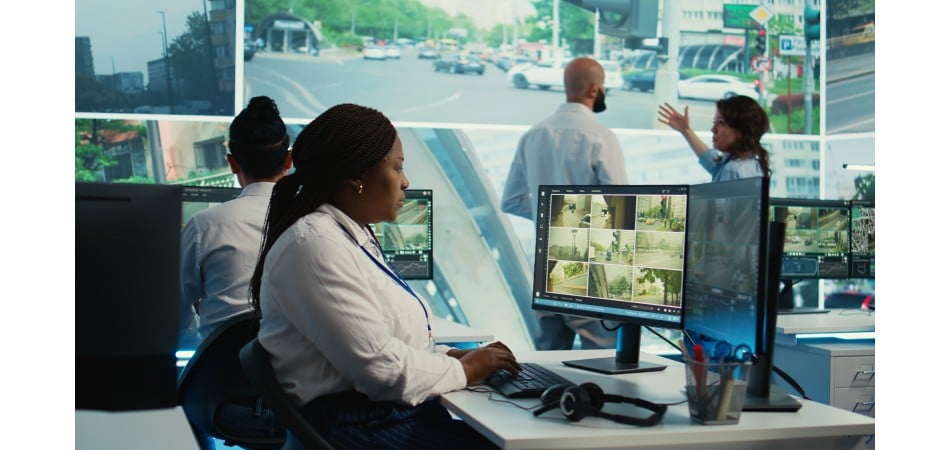
Reducing False Alarms through Smart Notifications
False alarms may happen even for a well-optimized system. Nevertheless, there are several methods with which you may reduce their incidence:
- Adjust Sensitivity: Tune the sensitivity of your camera to prevent triggering alerts from minor or non-concerning movement. Place cameras strategically to monitor crucial spots without picking up unnecessary activity.
- Use Motion Zones: Define certain motion detection zones to concentrate on high-priority spots. Prevent unwanted alerts by excluding zones with limited movement, like parking lots or spaces surrounded by trees.
- Take into Account Environmental Factors: Position and calibrate your safety cameras to assess environmental factors, like variation in lighting or the company of pets, to avoid extreme alerts caused by these phenomena.
How Alert-based Notifications Secure Security Response
Personalized camera alerts are central to real-time security monitoring, allowing instant threat assessment and quicker decision-making. Here’s how they secure a security response:
- Real-Time Threat Evaluation: Warnings are activated in real-time when there is a possibility of threats being detected, allowing immediate evaluation and the execution of a response for changing circumstances.
- Shorter Response Time: Personalized warnings enable security officials or property owners to respond immediately by offering particular information regarding the threat, such as recognizing a person at the door or alerting to abnormal movement within restricted areas.
- Examples of Successful Alerts: For example, a store may install alerts to inform the store owner or security personnel upon entry by an intruder after closing time so that they can respond quickly before a would-be robber occurs.
Conclusion
Tailoring camera alerts is an ideal means to improve your security system. By changing alert settings, you can minimize false warnings, improve reaction times to genuine danger, and streamline the administration of your safety system. For personal use or business objectives, spending on tailored alerts is a smart decision for improving your security and maximizing efficiency in the process.
Resolute Partners can assist you if you need to maximize your security system and tailor your alerts. Get in touch with us today to learn how we can assist you in securing your property with state-of-the-art security technology.
FAQs
Alerts may be personalized for many events, such as motion detection, face recognition, object tracking, and sound detection. Important events specific to your security needs can be tracked in selected areas.
Reduce false alarms by decreasing and increasing camera sensitivity, and restrict motion detection to specific zones per your specifications. Activate activity tracking and sound detection so you know when only significant events have happened.
Among your devices considered were earlier smartphones, tablets, and laptops based on a modern security watch system, across which all notifications are allowed.
Time-based rules can be applied to your notifications, meaning you only receive alerts when you feel it would be useful, like after working hours or late-nights.
Most security systems support integration with other intelligent devices, including alarms, door locks, and lighting control systems. Integration facilitates the creation of a more synchronized and automated reaction to security incidents and overall performance improvement in your security configuration.

Michael S. Blanco is the Chief Executive Officer and Co-Founder of Resolute Partners, LLC, where he leads strategic initiatives across various divisions. After owning family entertainment centers in New England, he co-founded Resolute Partners in 1996, launching the first Internet cafés for the U.S. Navy and partnering with AT&T for global deployment. A pioneer in wireless communications, Michael has expanded the company’s focus to include Energy Management/IoT, Cybersecurity, and Managed Video Security. He holds a degree from the Rochester Institute of Technology.
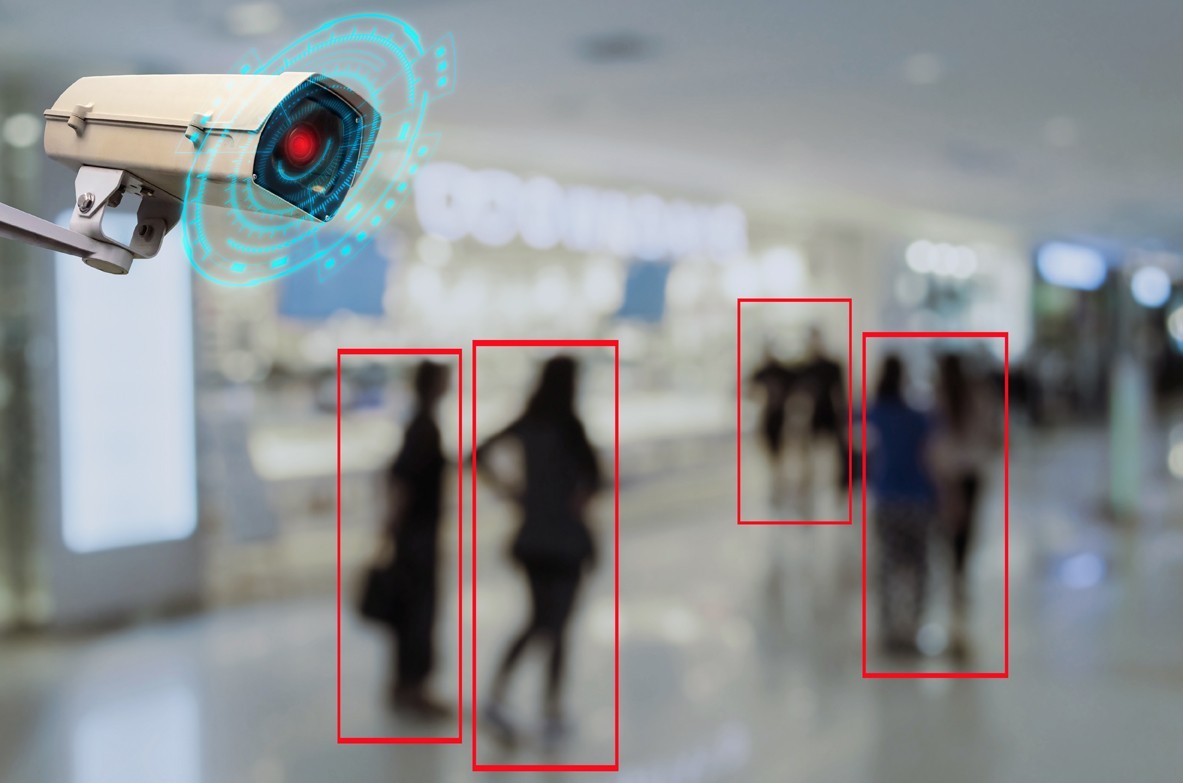
Stay up to date.
Subscribe for latest news, protection tips, special offers, and more!




